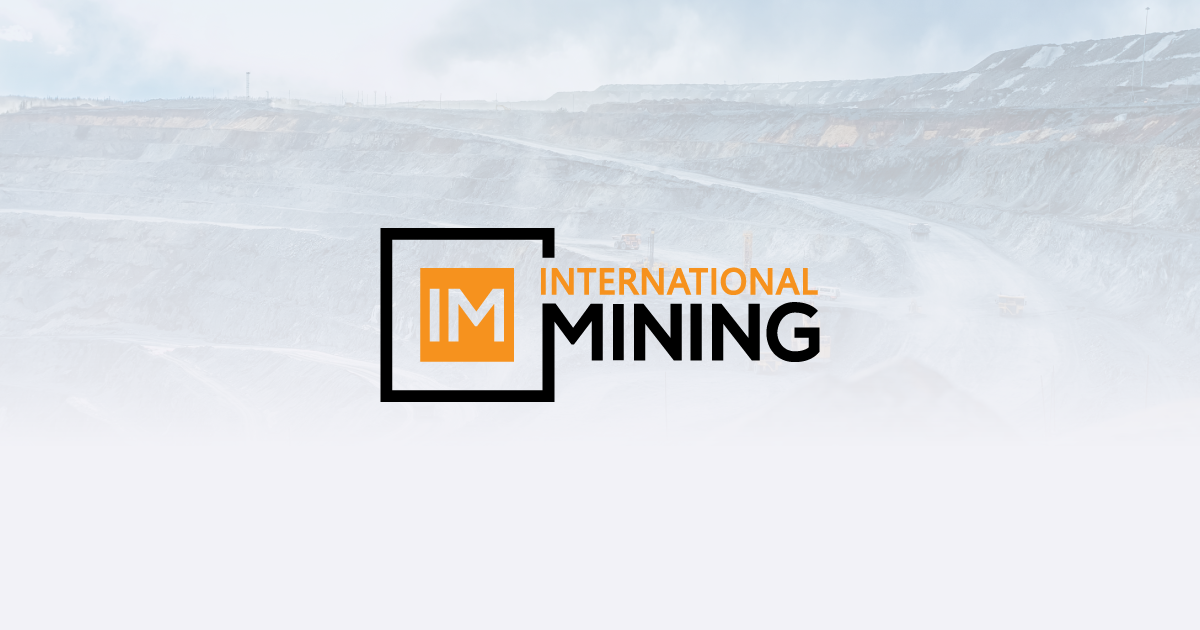Support CleanTechnica’s work through a Substack subscription or on Stripe.
Facing a national target to slash greenhouse gas emissions by 75% by 2030, Philippine civic and environmentalists convened the Philippine Net Zero Conference 2025. Leading corporate and policy figures came together on September 18 for the event which focused on pushing the private sector past abstract climate pledges toward concrete, scalable technological and financial strategies for deep decarbonization.
Co-delivered by the Net Zero Carbon Alliance (NZCA) and the Southeast Asia Corporate Decarbonization Exchange (CDx), the conference served as a vital platform for companies to benchmark progress, identify scalable sustainable technologies, and collaborate on achieving a low-carbon future.
Policy & Financial Hurdles To Climate Action
While the nation is legislatively committed, with the Low Carbon Economy Investment (LCEI) Act gaining traction, businesses cite significant barriers to scaling net-zero efforts. These include a scarcity of fit-for-purpose tools, a lack of readily scalable technologies, and insufficient access to climate finance.
NZCA emphasized that the urgency for action is paramount. Aside from global climate mitigation goals (limiting warming to 1.5∘C), the domestic economic threat is severe: extreme weather events already cost the Philippines approximately ₱200 billion annually in economic losses.
The transition, however, is being positioned as a massive opportunity. Moving to a low-carbon economy is projected to spur substantial economic growth and job creation in emerging green sectors, including renewable energy and resilient infrastructure. For corporations, adopting these practices enhances energy security, reduces operational costs, and strengthens alignment with global Environmental, Social, and Governance (ESG) standards, thereby attracting critical investment.
Central Role Of Cap-And-Trade Legislation
A key mechanism discussed at the conference was the advancement of the LCEI Act, which aims to establish necessary economic levers for the energy transition. The legislation is crucial for allowing the Philippines to benefit financially from its move away from high-carbon dependency.
A central component, exemplified by House Bill 2184, proposes an emission cap-and-trade system. This framework mandates the nation’s environment agency to set annual reduction targets and impose emission caps on specific sectors. The system utilizes tradable allowances, directly monetizing emission reductions for compliant businesses. Furthermore, civil penalties for exceeding pollution limits are intended to fund a national Climate Reinvestment Fund.
The conference structure acknowledged the complexity of the transition, particularly the fundamental transformation of the energy sector, which contributes the largest share of global emissions. Other challenges discussed included establishing resilient nature markets and the implementation of advanced carbon capture technologies.
Actionable Intelligence For Corporate Decarbonization
The 2025 conference, themed “From Ambition to Action: Unlocking Opportunities in the Net Zero Transition,” expanded its focus beyond high-level strategy to offer deeper sectoral engagement and peer exchange.
Attendees were offered the chance to gain actionable knowledge across the core pillars of the NZCA Framework and review local and regional net-zero implementation case studies. A key new feature was the CDx Fishbowl Sessions, interactive discussions designed to surface real-world strategies and practical enablers directly from participants. The goal was to leave the conference not just with ideas, but with a shared action agenda for 2026.
The conference featured a keynote address by the nation’s Secretary of Environment and Natural Resources, who provided the government’s perspective on leveraging policy to accelerate the net-zero drive.
Sign up for CleanTechnica’s Weekly Substack for Zach and Scott’s in-depth analyses and high level summaries, sign up for our daily newsletter, and follow us on Google News!
Have a tip for CleanTechnica? Want to advertise? Want to suggest a guest for our CleanTech Talk podcast? Contact us here.
Sign up for our daily newsletter for 15 new cleantech stories a day. Or sign up for our weekly one on top stories of the week if daily is too frequent.
CleanTechnica uses affiliate links. See our policy here.
CleanTechnica’s Comment Policy




